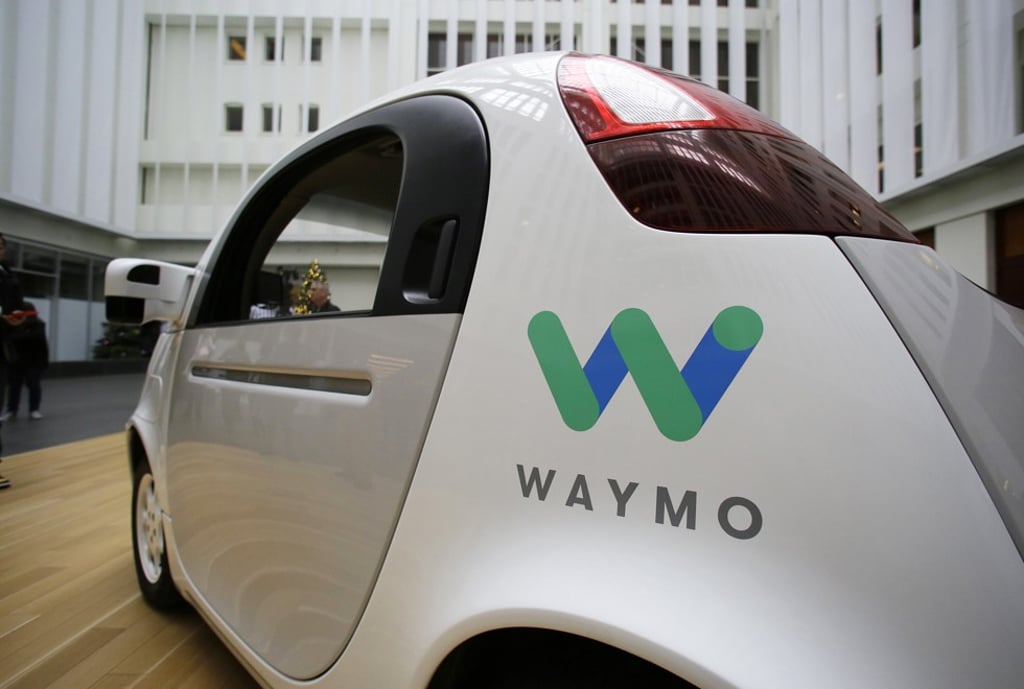Update | To tackle Chinese roads, Silicon Valley-born self-driving car start-up first has to conquer rain
First autonomous cars from start-up Pony.ai, co-founded by former Baidu engineers, may soon be available for booking via ride-hailing apps

A Silicon Valley-born self-driving car start-up is taking to the streets of Guangzhou to acclimatise itself to Chinese road conditions. One of the first things the autonomous car had to learn: piloting itself in rain.
“It’s all sunny in California, while [in] Guangzhou [it] tends to rain more frequently close to April,” said James Peng, co-founder and chief executive of Pony.ai, at a drizzly demonstration in the southern Chinese city. The outfit took three months to master the wet conditions and is now doing a public trial in a Guangzhou suburb.
Pony.ai is among dozens of Chinese autonomous driving start-ups that have emerged over the past two years. Another company, JingChi, was expected to unveil its test-ride programme to media this week but cancelled it at the last minute because government officials were too busy to attend.
Both Pony.ai and JingChi were founded by former executives from Baidu Inc., the search-engine operator that has positioned itself as an artificial intelligence (AI) company in recent years. Peng previously served as chief architect for Baidu’s autonomous driving in the US.
A global race to perfect autonomous driving is on, with start-ups like Pony.ai and JingChi competing with tech giants and traditional carmakers like General Motors and Daimler, which are investing billions to ensure they master the future technology of mobility.
